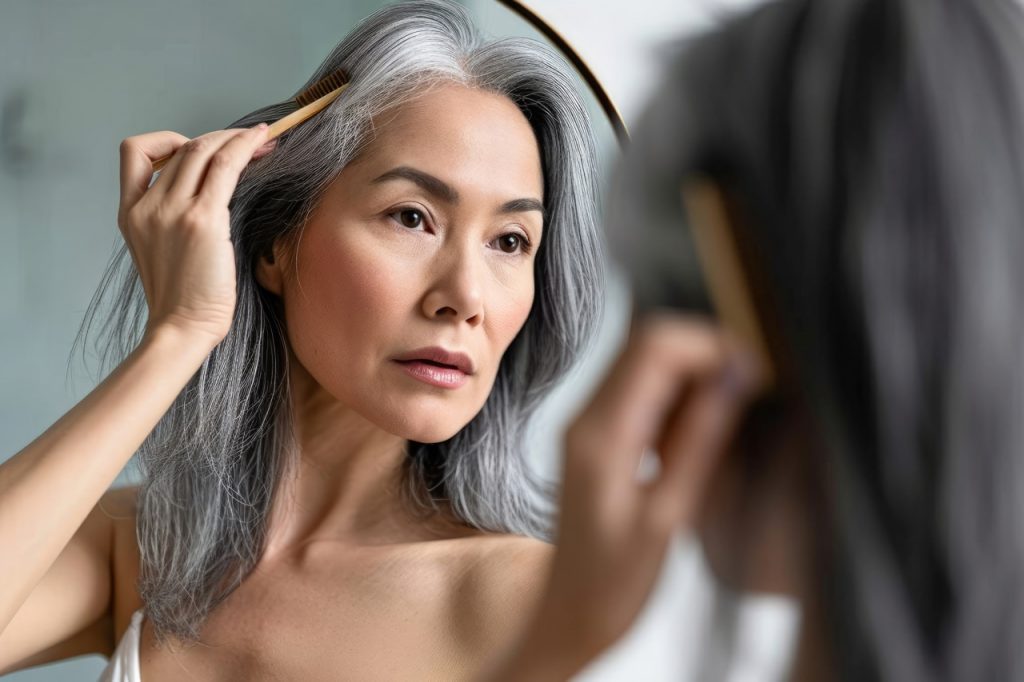
Menopause is a universal experience, but its symptoms and duration can vary significantly across different racial and ethnic groups. This article discusses the disparities in menopausal symptoms and the importance of culturally sensitive care.
Understanding Disparities Research shows that African American and Hispanic women experience more frequent and longer-lasting hot flashes and night sweats compared to their non-Hispanic white and Asian counterparts. These differences are believed to be influenced by broader health inequities.
Recent Findings The SWAN study highlighted that African American women report hot flashes and night sweats lasting an average of 10 years, significantly longer than other groups. Socioeconomic factors, stress, and chronic exposure to racism and discrimination contribute to these disparities.
Culturally Sensitive Care
- Open Communication: Encouraging women to discuss their symptoms and cultural beliefs openly with their healthcare providers.
- Personalized Treatment: Developing treatment plans that consider cultural preferences and norms.
- Support Systems: Providing access to support groups and resources tailored to diverse communities.
Conclusion Addressing racial and ethnic disparities in menopause care is essential for improving health outcomes. The Women’s Health and Menopause Center is committed to providing personalized and culturally sensitive care to meet the unique needs of all women.
